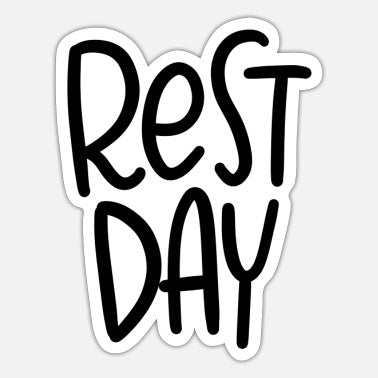
Why Rest Days Are Just as Important as Gym Days
Share
Why Rest Days Are Just as Important as Gym Days
We live in a culture that glorifies the grind, the hustle, and the constant push for more. This mentality often seeps into our fitness routines, making many believe that spending more and more time in the gym will always deliver better results. In reality, dedication to your goals is important, but skipping rest days can quickly become a critical mistake. Not allowing enough downtime between sessions can hinder muscle growth, increase your risk of injury, and even undermine your long-term wellness and mental well-being. Understanding why rest days matter just as much as gym days will help you optimize each phase of your fitness journey.
The Science of Muscle Growth and Recovery
Every time you lift weights or take on intense physical activity, small tears develop in your muscle fibers. This microscopic damage triggers the body to begin its repair process, which is vital for muscle growth and strength gains. Interestingly, these adaptations do not happen during your workout, but afterward—when you are resting. This crucial repair cycle, known as muscle protein synthesis (MPS), occurs when your body has the time and resources to rebuild those fibers, making them stronger and more resilient for the future. Prioritizing effective recovery allows all the hard work you put in at the gym to actually translate into tangible progress.
Rest grants your body the opportunity to:
How Often Should You Rest?
The right number of rest days varies based on your training intensity, fitness background, and overall lifestyle demands. Generally, most experts recommend scheduling at least one full rest day each week to allow complete recovery. Beginners, or anyone increasing their training volume, might benefit more from two rest days weekly. Pay attention to what your body tells you: persistent soreness, exhaustion, or declining performance could mean you need additional downtime to support muscle growth and continued progress.
Active Recovery vs. Complete Rest
There’s an important difference between taking a day of total rest and practicing active recovery. A full rest day involves refraining from structured workouts or strenuous activities altogether, giving your body a thorough opportunity to recover. By contrast, active recovery incorporates gentle, low-impact movement—like walking, yoga, or light stretching—that encourages blood flow, helps reduce stiffness, and supports ongoing muscle repair without imposing extra stress. Integrating active recovery can help preserve mobility, contribute to mental well-being, and maintain your momentum while still respecting your body’s need for rest.
Signs You Need More Rest
Your body communicates when it's due for more recovery. Some clear indicators include:
Conclusion
Taking regular rest days isn't a sign of laziness—it’s a smart move that supports muscle growth, reduces injury risk, and promotes lasting mental well-being. Remember, results are achieved not only during intense training sessions but also in the periods of active recovery and rest that follow. By valuing your recovery days as much as your workouts, you’ll be setting the foundation for consistently strong performance, better health outcomes, and a fitness routine that keeps you motivated for the long haul. Embrace rest days—they’re truly equal partners with your time in the gym.